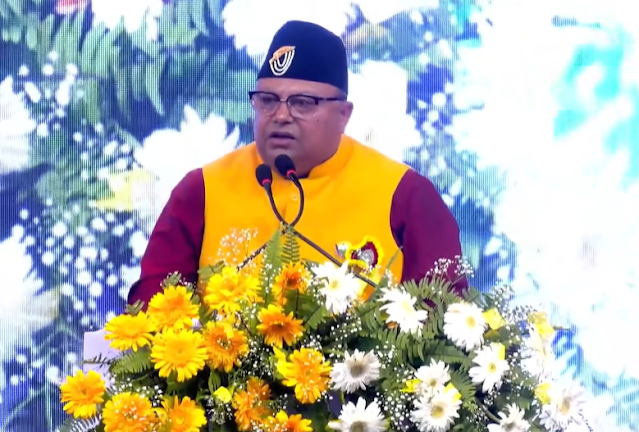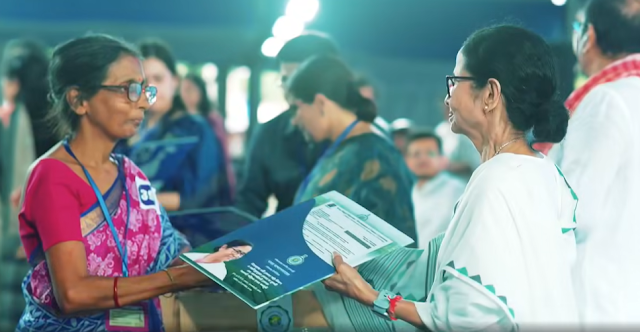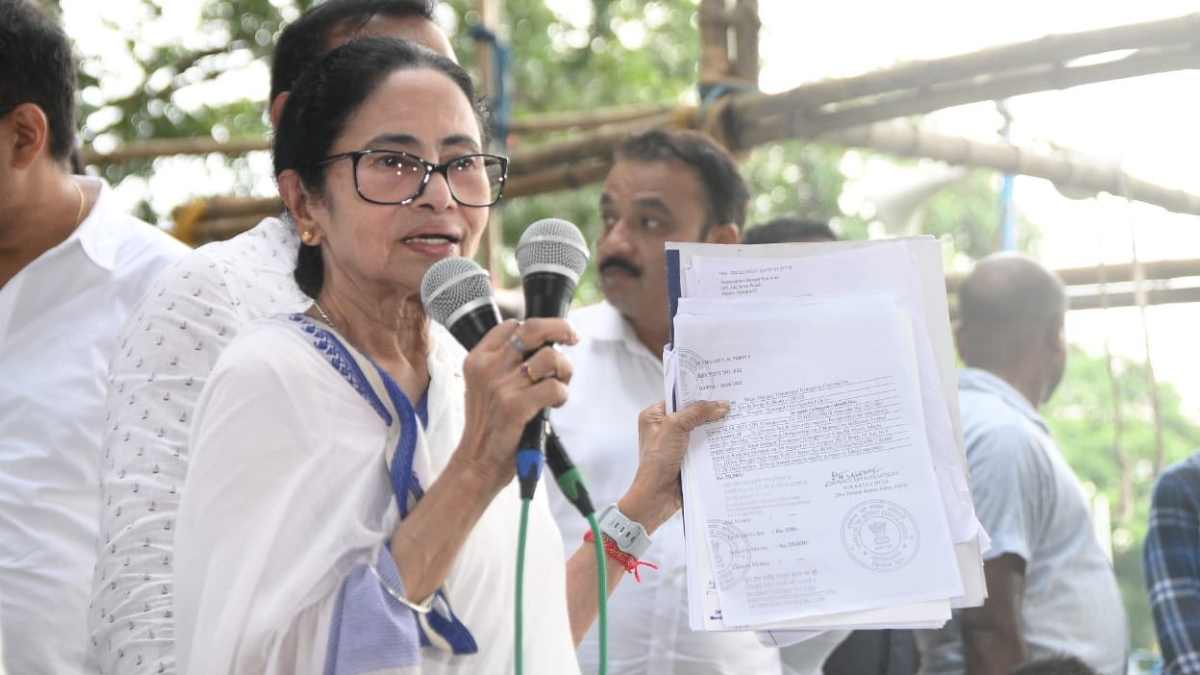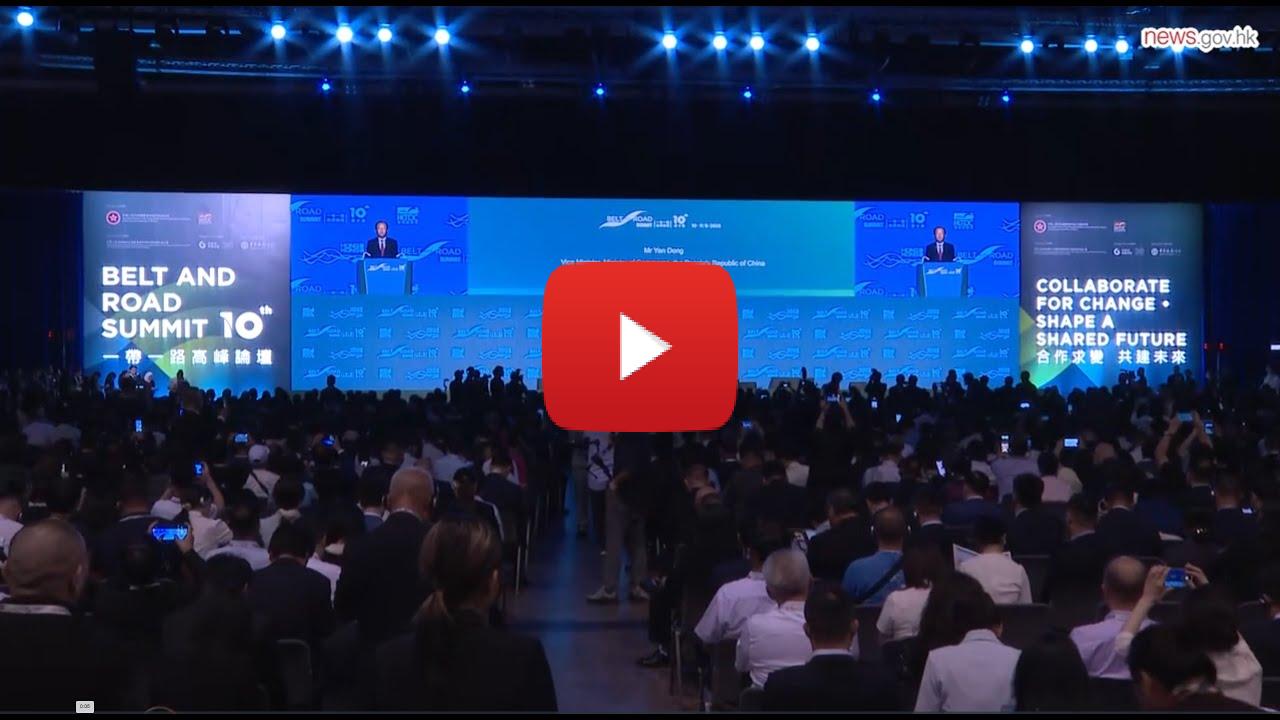
KalimNews, Darjeeling/Kalimpong, September 12, 2025 : In a significant move aimed at averting labour unrest ahead of the festive season, the Gorkhaland Territorial Administration (GTA) has taken proactive steps to ensure tea garden workers in North Bengal—especially in the Darjeeling Hills and Kalimpong—receive both their annual Puja bonus and financial aid under the FAWLOI scheme.
GTA Chief Executive Anit Thapa has personally taken up the matter with the West Bengal government, pressing for the timely disbursement of pending dues and a uniform 20% bonus payout for all tea workers in the region.
In a formal letter addressed to West Bengal Labour Minister Moloy Ghatak, Thapa appealed for urgent disbursement of financial assistance under the Financial Assistance to the Workers in Locked Out Industrial Units (FAWLOI) scheme. The appeal focuses on the plight of workers from four locked-out tea estates in Darjeeling — Singtam, College Valley, Pandam, and Peshok — where operations have been suspended for a prolonged period.
Thapa enclosed with his letter a formal memorandum from the Hill Terai Dooars Plantation Workers’ Union, which also called for urgent relief. “The prolonged lock-out has left these workers and their families in a state of extreme financial distress. With the forthcoming Puja festival, their hardship has only deepened,” Thapa stated in the letter.
Following a meeting with the Minister, Thapa told reporters that Minister Ghatak assured him the issue would be addressed promptly and that the FAWLOI dues would be cleared at the earliest. “I am confident that the workers will receive their payments on time,” Thapa said, expressing optimism that this would provide immediate relief to hundreds of affected families who are entirely dependent on these funds to survive.
Learning from previous years’ experience where disputes over Puja bonuses had escalated into widespread agitation and instability in the GTA region, Thapa has spearheaded negotiations well in advance this year.
Last year’s bonus-related tensions had led to clashes, FIRs against union leaders, and a general climate of fear among tea workers and their representatives. A trade union leader described it as a situation where “everything looked calm on the outside, but inside, the situation was volatile.”
This year, however, GTA’s intervention bore swift results. In response to Thapa’s memorandum, the State Government issued an ordinance mandating a 20% Puja bonus across all tea gardens in North Bengal, including the 87 tea estates under GTA jurisdiction, where over 70% of the population is economically tied to tea cultivation.
While some tea estates have welcomed the ordinance and complied without delay, others have resisted, prompting fresh rounds of agitation.
In Kalimpong, where there are only six tea estates, the Samabeong Tea Estate stood out as a positive example, having distributed the full 20% bonus on August 29. Workers expressed relief and gratitude, saying they could now prepare for the festive season without anxiety.
However, at Mission Hill Tea Estate, management’s decision to split the 20% bonus into three instalments—during Dashain, Tihar, and Holi (Faguwa)—has led to immediate backlash. Workers and unions have strongly opposed the move, citing the government’s clear directive for a one-time full payment before Dashain.
The Darjeeling Terai Dooars Plantation Labour Union (DTDPLU), which is affiliated with the ruling Bharatiya Gorkha Prajatantrik Morcha (BGPM), is leading the resistance.
In response to the protests, Mission Hill management has called for a fresh round of talks with worker representatives on September 12.
The GTA’s initiatives, led by Anit Thapa, underscore the delicate balancing act between state policy, local administration, worker rights, and industrial management in the tea sector, which remains the economic backbone of the Hills.
With the Puja and Dashain festivals around the corner, the timely resolution of these issues — including FAWLOI payments for locked-out workers and bonus compliance — is seen as essential for maintaining social stability and preventing renewed unrest in a region historically sensitive to labour disputes.
If the state’s commitments are followed through, the GTA’s proactive engagement could mark a turning point in labour relations and governance in North Bengal’s tea belt, setting a precedent for constructive and timely resolution in years to come.








